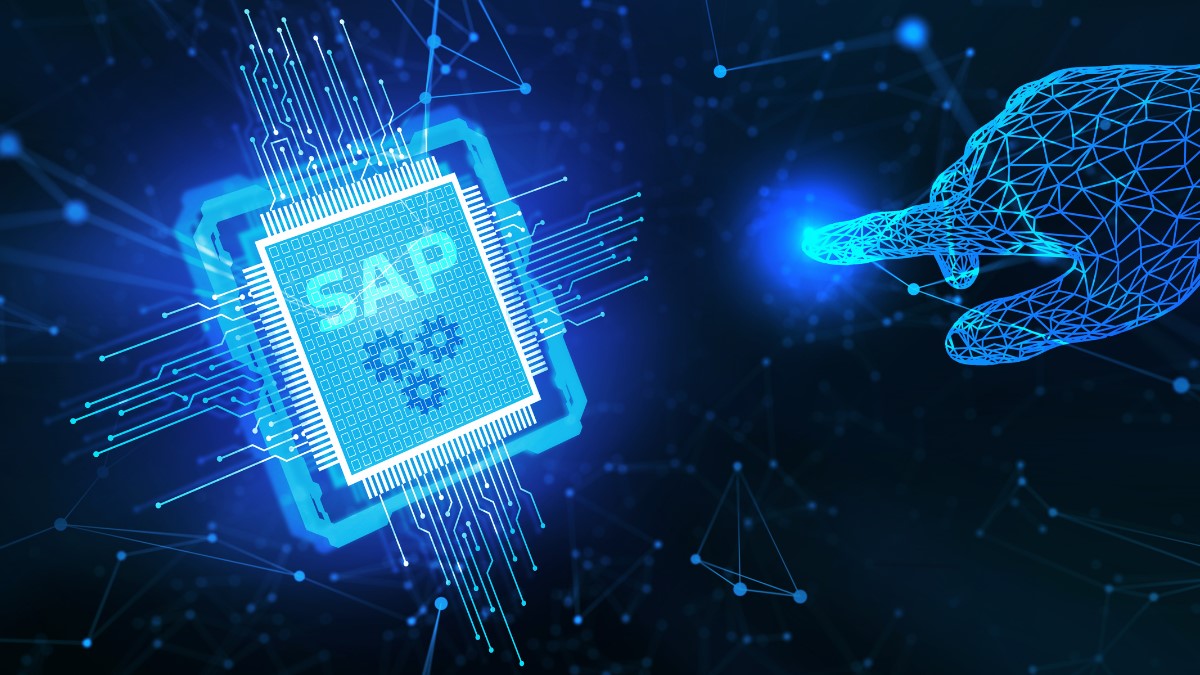SAP Business One and SAP S/4HANA Cloud Public Edition gain prominence in preparing companies for Tax Reform

Tax Reform is profoundly reshaping the fiscal and operational environment of Brazilian companies. With Complementary Law No. 214/2025, which regulates Constitutional Amendment 132/2023, the country adopts the Dual Value Added Tax (VAT) model, aligned with international best practices. The change introduces the Contribution on Goods and Services (CBS), under federal jurisdiction, the Tax on Goods and Services (IBS), under the responsibility of states and municipalities, in addition to the Selective Tax (IS), aimed at products and services with a negative impact on health and the environment.
One of the main pillars of this reform is the full application of non-cumulative taxation, which allows full credit throughout the production chain. The CBS will be implemented from 2026, while the IBS will undergo a testing phase in the same year, without collection, aimed at companies' adaptation. Full implementation will be gradual, with completion scheduled for 2033.
Although the timeline extends for almost a decade, the operational impacts are immediate. Companies will need to review their accounting, tax and technological processes, adapt cost structures, renegotiate contracts and reorganize the supply chain. The services sector, for example, may see its tax burden increase significantly if there is no efficient management of credits and adjustments in pricing.
In this context, enterprise resource planning (ERP) systems are gaining strategic centrality. Tools such as SAP Business One, aimed at small and medium-sized companies, and SAP S/4HANA Cloud Public Edition, aimed at larger or rapidly growing organizations, have proven to be essential for adapting to new legal requirements. “These solutions are already updated to deal with the obligations brought about by the Brazilian Tax Reform, enabling automatic and real-time calculation of CBS and IBS, reducing manual errors, maintaining updates in line with changes in legislation and promoting fluid integration between the tax, accounting and financial areas”, explains Décio Krakauer, CEO of Ramo.
Another critical point is the management of tax credits, which now depend on the financial settlement of the transaction. Therefore, only after payment to the supplier will it be possible to generate credit, which requires strict control over defaults in the chain. “Prepared ERPs, such as those from SAP, offer mechanisms to track this flow, automate validations and ensure that credits are correctly appropriated,” emphasizes Krakauer.
In addition, SAP Business One and SAP S/4HANA Cloud Public Edition allow simulations of tax impacts, facilitating the restructuring of pricing and the redesign of long-term contracts. The generation of complete reports ready for ancillary obligations, such as SPED and electronic invoices, is also an important differentiator, especially with the new versions coming into effect from October 2025, and the mandatory inclusion of IBS and CBS fields as early as January 2026.
According to the CFO Survey Brazil 2024, conducted by Grant Thornton, the urgency of this movement is reinforced. According to the survey, 70% of companies are already in the process of tax automation and 66% use data and technology to improve their tax practices, but 57% still do not have a formal governance structure in this area. The study also indicates that 69% of companies place the adequacy of systems among the main priorities in the face of reform, alongside the pricing of products and services.
Based on this scenario, Ramo has been promoting training, consulting and events aimed at preparing companies for this transition, with personalized analyses by CNPJ, product line and organizational structure. The proposal is to structure customized strategic plans for each operation, using the potential of SAP ERP solutions to ensure regulatory compliance and boost operational efficiency.
Tax Reform ushers in a new era in the Brazilian business environment. “Companies that structure themselves with adequate technology, data intelligence and planning will not only be in compliance with the new legislation, but will also be in an advantageous position to innovate, reduce risks and grow sustainably in the new tax model,” concludes Krakauer.
About the Branch
Founded in 1982, Ramo is a company focused on business management software solutions for small and medium-sized companies, based on SAP Business One, SAP S/4HANA Cloud Public Edition and SAP Analytics Cloud technology. Currently, the company has a base of around 700 SAP customers in Brazil, 15 Business Units, five branches established in Rio de Janeiro (RJ), Belo Horizonte (MG), Centro-Oeste (DF and GO), ABCD (SP), in addition to 270 partners throughout Brazil.
Headquartered in São Paulo and with subsidiaries in Peru (serving the markets of Peru, Chile and Paraguay) and Ecuador.
Visit the Branch on the website www.ramo.com.br

















